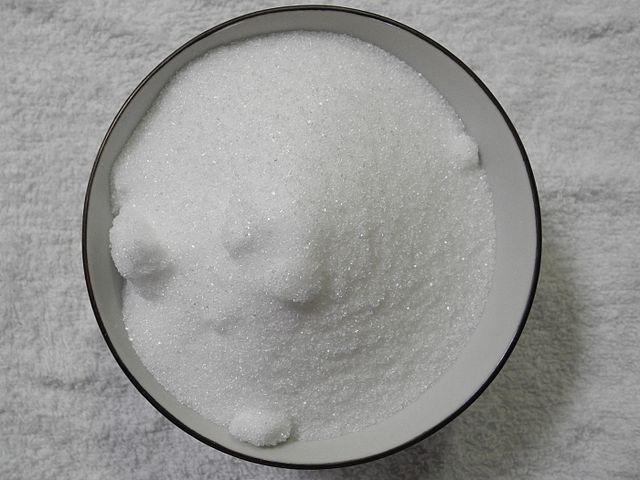White Sugar vs Raw Sugar
The distinction between white sugar and raw sugar comes from the production process of each type. While sugar is a common ingredient in kitchens, many people are unaware that there are different varieties of sugar available. Raw sugar is one such variety, and even those who are familiar with it may not know the differences between white sugar and raw sugar. Let’s examine these two types of sugars more closely.
What is Raw Sugar?
To understand raw sugar, it’s necessary to look at how it’s produced. Sugarcane plants are crushed using machines to extract their juices. Lime is added to the juice to achieve the required pH level and to remove any impurities. Evaporating this solution results in a solid mass, which is then passed through a centrifuge to obtain sugar crystals. This light brown sugar is known as raw sugar, and it is the most natural form of sugar available. Raw sugar is more health-friendly because it contains fewer chemicals than other types of sugar.
What is White Sugar?
White sugar, also known as table sugar, is pure sucrose and a source of carbohydrate naturally found in many fruits and vegetables. Sugarcane plants and beets contain the highest quantities of sucrose, which is separated and converted into the form we use. White sugar is refined sugar made from natural sugar or raw sugar.
To produce white sugar, sulfur dioxide is added to cane juice before evaporation. This gas bleaches the juice, preventing it from turning brown and creating white sugar. Later in the process, phosphoric acid, calcium hydroxide, or carbon dioxide is added to absorb impurities. The juice is then filtered through a carbon bed and crystallized in a vacuum multiple times. Finally, the crystals are left to dry, resulting in paper-white sugar crystals.
Key Takeaways
- Raw sugar is more natural, with fewer additives, acids, and preservatives compared to white sugar.
- Raw sugar has a distinct flavor due to the presence of molasses, which is absent in white sugar.
- Raw sugar is healthier and more environmentally friendly than white sugar, as it undergoes a less extensive production process, does not produce waste, uses less energy, and has fewer added chemicals.
However, the choice between white sugar and raw sugar ultimately depends on individual preferences and health priorities.
